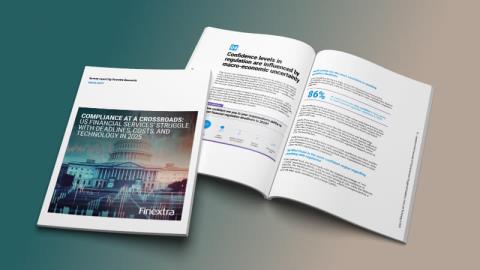New York Takes Action Against DailyPay and MoneyLion for Alleged Illegal Loan Practices
New York Attorney General Letitia James has launched a significant legal challenge against two financial firms, claiming they are exploiting New Yorkers through illegal high-interest loans disguised as paycheck advances. This move has drawn attention to the increasingly controversial practices of companies like DailyPay and MoneyLion, raising questions about consumer protection and financial transparency.
Understanding the Allegations Against DailyPay and MoneyLion
According to Attorney General James, these companies are misleading consumers by promoting their services as simple wage advances. Typically, workers seek small advances of less than $100, but the repayment terms can lead to exorbitant annual interest rates. Here are key points regarding the allegations:
- High-Interest Rates: For instance, a common loan from DailyPay involves a seven-day $20 advance, which costs $2.99 but translates to an annual interest rate exceeding 750%.
- Deceptive Advertising: MoneyLion advertises itself as a provider of zero-percent interest loans, yet it imposes mandatory fees on all immediate fund access.
- Excessive Fees: MoneyLion’s model encourages repeat loans, with one New York worker allegedly taking out over 450 loans in just two years, paying nearly $1,400 in fees.
Attorney General’s Statement
James expressed her concerns by stating, “Promising New Yorkers financial freedom while pushing them into outrageously expensive loans is downright shameful.” She emphasized that these practices are akin to payday loans, which are often criticized for their predatory nature.
Legal Actions and Responses
In response to the allegations, DailyPay has filed a lawsuit against Attorney General James, attempting to halt the legal proceedings. Jared DeMatteis, the chief legal and strategy officer at DailyPay, argued that the AG’s actions favor traditional loan sharks over more accessible financial solutions like on-demand pay.
The Broader Impact on Consumers
These allegations highlight significant concerns about the financial services industry and its impact on consumers. The lawsuit against DailyPay and MoneyLion claims that their practices violate New York’s usury laws and wage assignment regulations, aiming to protect vulnerable workers from abusive lending practices.
Conclusion: A Call for Financial Transparency
The situation surrounding DailyPay and MoneyLion serves as a crucial reminder of the need for transparency in financial services. As the legal battle unfolds, many will be watching closely to see how it affects the future of paycheck advances and consumer rights in New York. For more information on consumer finance laws, visit Consumer Financial Protection Bureau.
As discussions continue about the implications of these practices, it is vital for consumers to be informed and cautious when opting for financial services that promise quick and easy access to funds.







